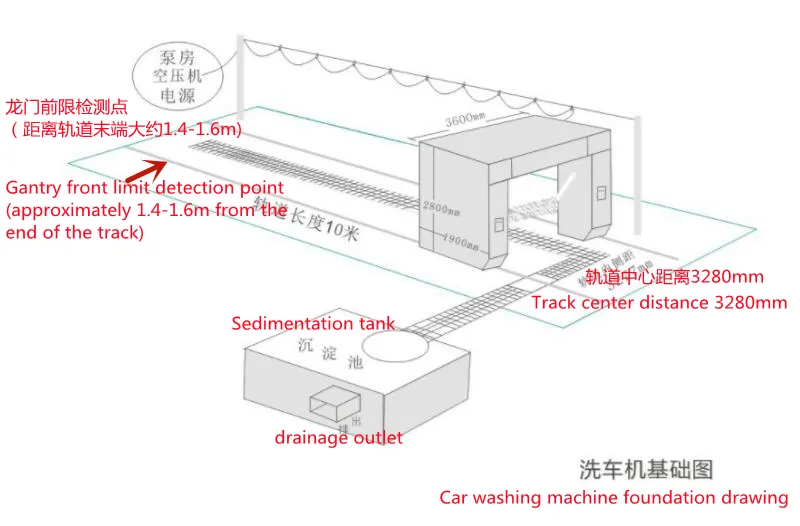
- Afrikaans
- Albanian
- Amharic
- Arabic
- Armenian
- Azerbaijani
- Basque
- Belarusian
- Bengali
- Bosnian
- Bulgarian
- Catalan
- Cebuano
- Corsican
- Croatian
- Czech
- Danish
- Dutch
- English
- Esperanto
- Estonian
- Finnish
- French
- Frisian
- Galician
- Georgian
- German
- Greek
- Gujarati
- Haitian Creole
- hausa
- hawaiian
- Hebrew
- Hindi
- Miao
- Hungarian
- Icelandic
- igbo
- Indonesian
- irish
- Italian
- Japanese
- Javanese
- Kannada
- kazakh
- Khmer
- Rwandese
- Korean
- Kurdish
- Kyrgyz
- Lao
- Latin
- Latvian
- Lithuanian
- Luxembourgish
- Macedonian
- Malgashi
- Malay
- Malayalam
- Maltese
- Maori
- Marathi
- Mongolian
- Myanmar
- Nepali
- Norwegian
- Norwegian
- Occitan
- Pashto
- Persian
- Polish
- Portuguese
- Punjabi
- Romanian
- Russian
- Samoan
- Scottish Gaelic
- Serbian
- Sesotho
- Shona
- Sindhi
- Sinhala
- Slovak
- Slovenian
- Somali
- Spanish
- Sundanese
- Swahili
- Swedish
- Tagalog
- Tajik
- Tamil
- Tatar
- Telugu
- Thai
- Turkish
- Turkmen
- Ukrainian
- Urdu
- Uighur
- Uzbek
- Vietnamese
- Welsh
- Bantu
- Yiddish
- Yoruba
commercial car wash equipment cost
Understanding the Costs of Commercial Car Wash Equipment
In the ever-evolving automotive service industry, a commercial car wash can be a lucrative business opportunity. However, entering this market requires an understanding of the costs associated with car wash equipment. This article will delve into the different factors that influence the cost of commercial car wash equipment and provide insight on budgeting for these expenses.
Types of Commercial Car Wash Equipment
The first step in understanding costs is to know the types of equipment available. Commercial car wash systems can be broadly categorized into three types touchless systems, tunnel systems, and self-service systems. Each type comes with its own unique set of equipment and price points.
1. Touchless Car Wash Systems These systems utilize high-pressure water jets and detergents that clean the vehicle without physical contact. While they tend to have lower maintenance costs, the initial investment can range from $25,000 to $100,000 depending on size and technology.
2. Tunnel Car Wash Systems This popular option includes a conveyor system that moves vehicles through a series of cleaning stages, such as pre-soak, washing, and drying. Tunnel systems can be quite expensive, with costs ranging from $100,000 to over $500,000—the price is often determined by the size of the operation and the technology involved.
3. Self-Service Car Wash Equipment This option allows customers to wash their vehicles at their own pace using vending-style equipment. The initial investment is lower, typically ranging from $10,000 to $50,000 per bay, depending on the features included.
Factors Influencing Equipment Costs
Several factors can influence the costs of commercial car wash equipment, including
1. Technology and Features Advanced technology for improved cleaning efficiency, such as automated systems and water reclamation systems, can significantly increase equipment costs. Businesses must weigh the benefits of these features against their budgets.
2. Size and Scale of the Operation A larger operation will naturally require more equipment, resulting in higher costs. Business owners need to consider whether to start small and expand later or invest heavily upfront for a larger operation.
commercial car wash equipment cost

3. Brand Reputation and Quality Established brands are often more expensive, but they may offer better performance, durability, and lower service costs in the long run. Researching and comparing different brands is essential to determine value for money.
4. Installation and Maintenance Costs Beyond the initial purchase price, installation costs can vary based on location and existing facilities. Additionally, ongoing maintenance is crucial to ensure equipment longevity, and these costs should be factored into the overall budget.
Budgeting for Commercial Car Wash Equipment
When planning a commercial car wash, it’s important to establish a realistic budget. Here’s a simple guideline
1. Initial Equipment Costs Start by estimating the costs of the car wash system you plan to purchase. Consider both the equipment and installation expenses.
2. Operating Expenses Include costs such as utilities (water, electricity), maintenance, staffing, and marketing. Allocating a specific budget for these expenses ensures smooth operation after the initial setup.
3. Emergency Fund It’s wise to set aside a percentage of your budget for unexpected repairs or upgrades, ensuring your car wash remains operational without financial strain.
4. Financing Options Explore financing avenues such as loans or leasing options to manage initial costs. Many equipment manufacturers offer financing plans that cater to new businesses.
Conclusion
Investing in commercial car wash equipment is a significant financial commitment that requires careful planning. By understanding the types of equipment available, the factors influencing their costs, and establishing a comprehensive budget, aspiring business owners can set themselves up for success. A well-planned operation not only attracts customers but also ensures a profitable venture in the long run.
-
Integrating Aqua Tunnel Car Wash in Shopping CentersNewsJun.24,2025
-
Gas Station with an Auto Car Wash MachineNewsJun.24,2025
-
Efficiency in Your Aqua Tunnel Car Wash: Power & Water-SavingNewsJun.24,2025
-
Car Wash Business with Advanced Auto Car Cleaning MachinesNewsJun.24,2025
-
Balancing Setup Costs with Aqua Tunnel Car WashNewsJun.24,2025
-
Aqua Tunnel Car Wash: Eco-Design for the Energy-Savvy EntrepreneurNewsJun.24,2025



